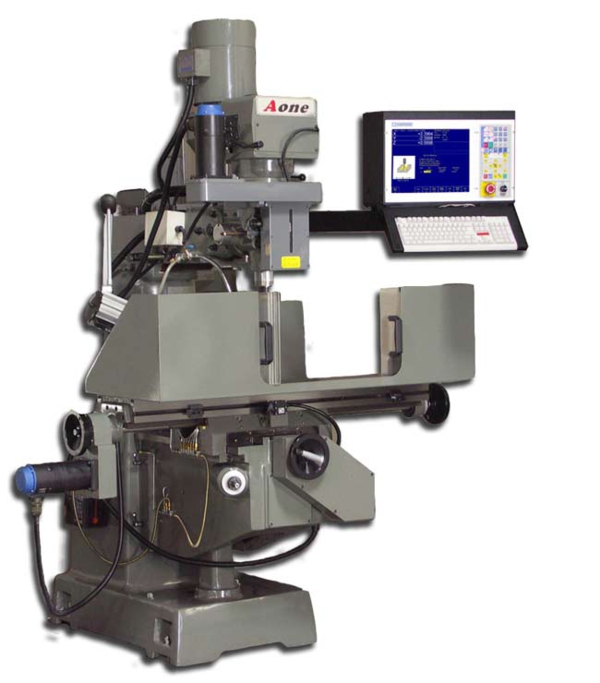CNC Machinery Heralding A New Industrial Revolution
Since the earliest factories were started, manufacturers have constantly been on the search for productivity enhancements. For decades, computer numerical control (CNC) machines have become more popular and common. These days, they can be found in production plants around the world, and their smaller sizes, improved usability and lower prices have made them feasible options even for smaller manufacturers and hobbyists. Here’s a look at some of the key advantages of these amazing machines.

Yesterday and Today
Not long ago, complex factory machines required many skilled operators to manually control their functions, replace their parts and prevent their breakdowns. These old machines took far more time and money to run than today’s CNC machines. Essentially, the modern CNC operator simply plugs a program into the machine and lets it go to work. Even parts replacement, a formerly cumbersome task, is now frequently handled by the machines themselves. CNC machinists simply make occasional manual changes to functioning and adjust dimensions of the machines to match pieces being processed.
CNC Machine Features
CNC machines are programmable, according to multiple straight and circular axes, to fit each production run. They also carry numerous other advantages related to automation, including revolutions per minute, direction of spindles and turning on and off. Coolant and lubrication can also be automated in these machines, ensuring longer machine life over the years.
Simple Programming
CNC programming language, with only a small vocabulary of commands, is fairly easy to learn for many operators. Simple operations can be typed out in text files and uploaded to the machines, but more complex operations are often created automatically using computer programs based on engineers’ CAD drawings. Throughout use, however, manual inputs remain possible, allowing machinists to change tool lengths and other functions.
CNC Machine Types
There are many types of CNC machines to match the virtually unlimited applications for their use. All the traditional machining processes, such as milling, tapping, drilling, boring and reaming are possible with CNC machines on various materials including metal, plastic and wood. Even contour grinding, which was once impossible in CNC due to technological limitations, is now fairly common using CNC technology.
CNC metal fabrication, using lasers and plasma cutters, is commonplace in many modern shops. Woodworking uses CNC as well. Wood drilling and routing are made simple with CNC machines that hold numerous tools and perform many operations during use. Finally, engraving and lettering are also done using CNC for decorative and other applications.
As technology progresses, CNC machining is certain to expand in both industry and home use. Drudgery on the factory floor is quickly being replaced by complete automation at every level.
Anyone looking for small end cnc machines up to a fully equipped cnc machining centre should consider checking out the range at Ron Mack Machinery. They only work with the best brands and install every machine they sell.

